Historical Contributions of Successive Governments
The Bank of Ghana (BoG) began preserving gold reserves in 1961 during the administration of President Kwame Nkrumah. However, this practice was discontinued in 1962 due to a decline in gold prices and a strategic shift towards holding foreign currency and securities as reserve assets.
President Jerry John Rawlings
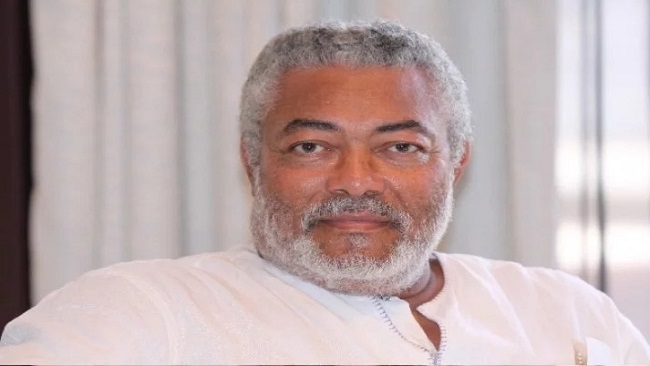
The Bank of Ghana (BoG) began preserving gold reserves in 1961 during the administration of President Kwame Nkrumah. However, this practice was discontinued in 1962 due to a decline in gold prices and a strategic shift towards holding foreign currency and securities as reserve assets.
President Jerry John Rawlings (1993–2001)
President Rawlings’ administration focused on liberalizing the mining sector to attract foreign investment. This led to the enactment of the Minerals and Mining Law of 1986, which aimed to create a more favorable environment for mining activities, including gold extraction. While this law was passed before his presidency, its implementation during his tenure significantly influenced the growth of the gold sector.
President John Agyekum Kufuor
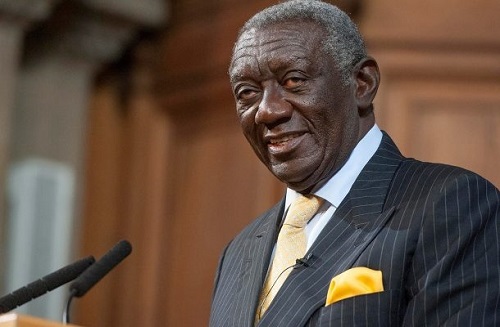
During President Kufuor’s administration, Ghana’s gold sector saw substantial growth. In 2008, Ghana’s gold output rose by 4% to 2.6 million ounces, and higher prices pushed overall mining revenues to $2.3 billion, up 28% from 2007 .
To further develop the sector, Kufuor’s government undertook initiatives such as:
1. Sending over 800 small-scale miners to China: Between 2007 and 2008, the administration facilitated a trip for more than 800 small-scale miners to China to study mining operations. This initiative aimed to enhance local mining practices and foster international partnerships.
2. Enacting the Minerals and Mining Act, 2006 (Act 703): This law consolidated previous mining laws and introduced provisions to regulate small-scale mining, including sections 81 to 99, which specifically addressed small-scale mining activities.
3. Promoting local ownership: President Kufuor encouraged the development of local entrepreneurs in the mining sector, urging the Minerals Commission to implement policies that would enable Ghanaians to own and operate large-scale mining ventures. These efforts contributed to Ghana’s position as Africa’s second-largest gold producer by 2008.
President John Atta Mills
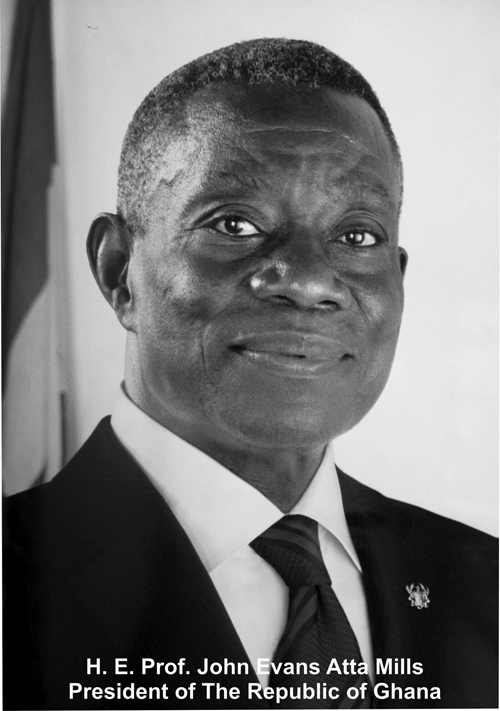
President John Mahama
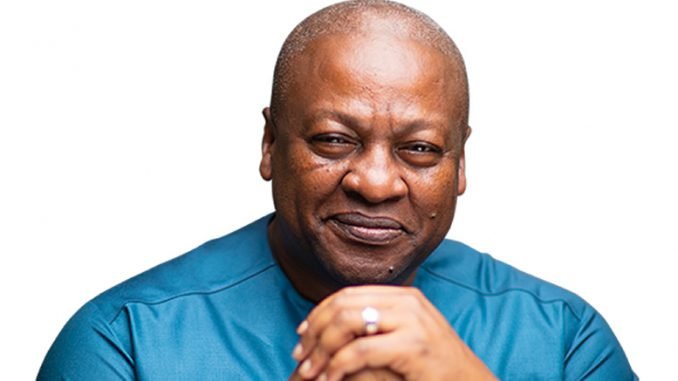
However, Mahama’s government faced key challenge such as rising crisis of galamsey.
Galamsey reached crisis levels, and Mahama’s administration faced pressure to curb illegal mining while balancing livelihoods.
Ghana Gold Reserves data reached an all-time high of 2,000.000 Metric Ton in 2014 and a record low of 990.000 Metric Ton in 2016.
President Nana Akufo-Addo
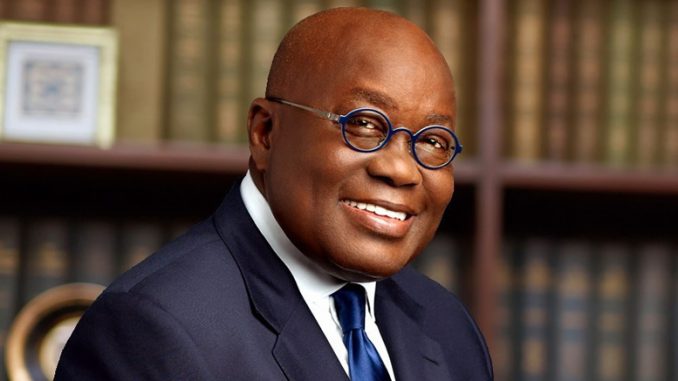
In June 2021, the Bank of Ghana (BoG) reintroduced gold as a component of its reserves through the Domestic Gold Purchase Programme (DGPP).
This initiative, launched under the governorship of Dr. Ernest Addison, aimed to bolster the country’s foreign reserves by purchasing gold from local producers using Ghanaian cedis.
Let me put on record that, the Domestic Gold Purchase Programme(DGPP) of Bank of Ghana is completely different from the Bawumia’s proposed “Gold for Oil” Policy.
As of April 2025, the BoG’s gold reserves had increased to 31.37 tonnes, representing a significant rise from 8.77 tonnes in 2022.
Also, Ghana Gold Reserves was reported at 1,000.000 Metric Ton in December 2024, and this stayed constant from the previous number of 1,000.000 Metric Ton for December 2023.
Ghana Gold Reserves data is updated yearly, averaging 1,000.000 Metric Ton from December 2008 to 2024, with 17 observations
President John Mahama
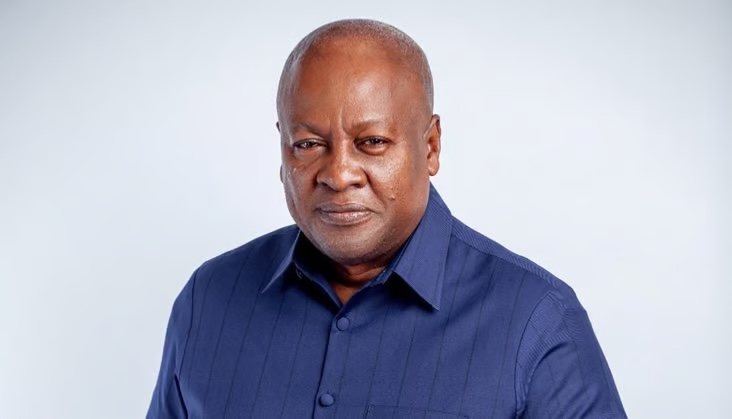
President John Mahama in his second term has also establish the Ghana Gold Board(GoldBod) to contribute to the “Gold for Reserves” Policy of Ghana.
Conclusion
In summary, the Bank of Ghana first began preserving gold reserves in 1961 under President Kwame Nkrumah’s regime. After a hiatus, the practice was actively and astronomically revived in 2021 during Dr. Ernest Addison’s tenure as Governor under Domestic Gold Purchase Programme(DGPP).
…. Signed….
Razak Kojo Opoku(PhD)
Founding President, UP Tradition Institute.
post comments
Together We Rise: A Campaign for Everyone




